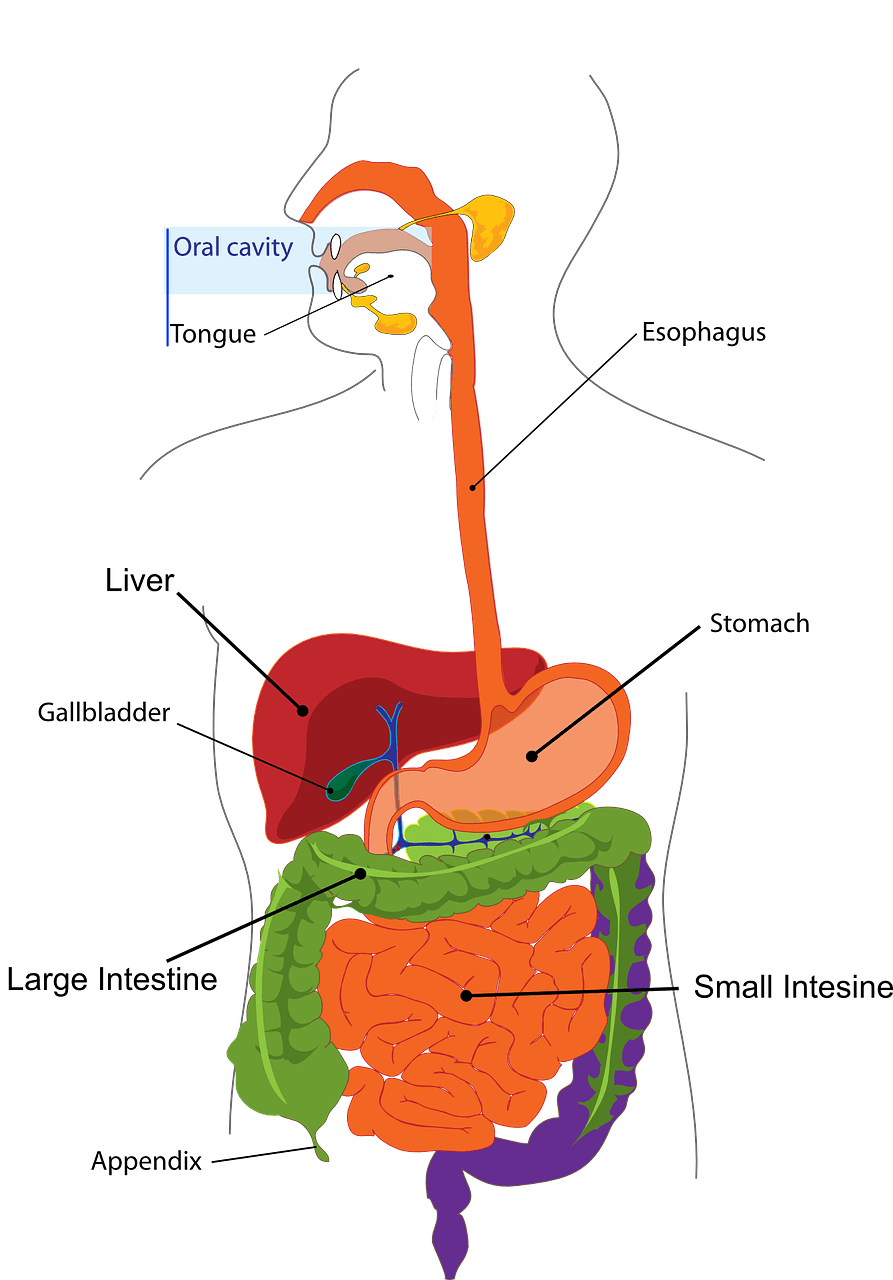
Did you know that one of the observances in June is Hernia Awareness? Did you know that many hernias are preventable? And, are you aware that your diet and exercise may reduce your risk of hernias?
A hernia is developed when a portion of an organ or other tissue slips through a weakening or tear in a muscle or other connective tissue in the stomach or groin area. Sometimes the tears and protrusions are very small and cause no issues. People can live the rest of their lives without incident. But, over time, a small hernia may become larger and more uncomfortable. It is recommended that you seek medical attention to avoid the risk of further damage. Nowadays, many hernias can be repaired with laparoscopic surgery.
The most common hernia is an inguinal hernia. The inguinal hernia develops in the inner groin area. They account for over 70 percent of all hernias. According to the National Institute of Health (NIH), 27 percent of men and 3 percent of women will develop an inguinal hernia in their lifetime.
Not all hernias are preventable. Sometimes infants are born with umbilical hernias, located in the navel. Surgeries performed in the abdominal and groin area may cause weakening around the surgical site and an unpreventable hernia may develop in that area. Hernias can also be the result of connective tissue disorders which can occur from genetics, some autoimmune disorders, and certain cancers. Another unpreventable factor is the risk of developing hernias rises with age.
Anything that causes strain and pressure on the abdominal wall the chance of developing hernias. There are some things to consider than may reduce your risk:
- A fiber-rich diet with plenty of fruits and vegetables and lots of water to stay hydrated may help to avoid constipation. Constipation causes abdominal pressure. Eating a plant-based diet can also help you achieve and maintain a healthy weight. Obesity stresses the muscles, making it a risk factor.
- Treat conditions that cause a persistent cough or sneeze. See your healthcare provider to diagnose and/or treat any condition causing chronic coughing or sneezing to take the strain off of the abdominal area.
- Avoid lifting super heavy objects, including weight-lifting, without the proper protective gear and tools. The strain from lifting can cause a tear in the groin or stomach area.
- Quit smoking. Smoking weakens your immune system which could be the cause of a chronic cough. Smoking also restricts the number of blood vessels that carry oxygen and nutrients to the muscles of the body. The loss of muscle mass, muscular strength, and bone density as a result of smoking, increases the risk of hernias.




Thanks for the info about hernias and how to prevent them.
Sometimes, I have pain across my lower back and abdomen when periodically having to lift a client.
It is easy to injure yourself when lifting a client. Be sure to use your legs and your core and the techniques you are taught to ensure your safety.